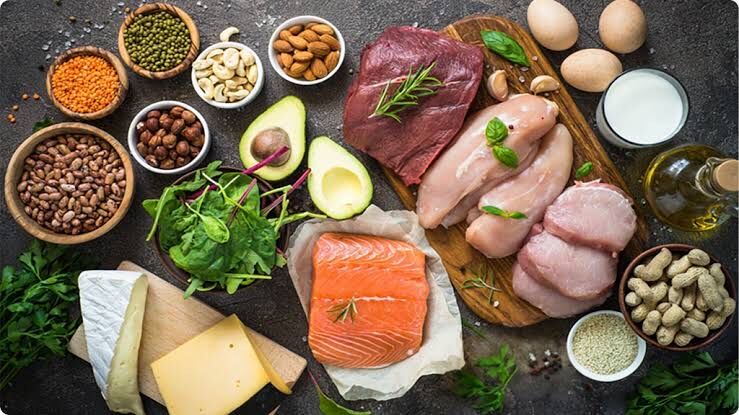How much protein do you actually need?

How Much Protein Do You Need?
The standard guideline for healthy adults is around 0.8 grams of protein per kilogram of body weight per day. For someone weighing 70 kg, that’s roughly 56 g per day.
Dr. Seema Krishnan, a clinical nutritionist, speaking to NewsMeter, explains, “If you eat a mix of whole grains, legumes, dairy or alternatives, nuts, seeds, and some meat, fish, or eggs if you’re non-vegetarian, you will very likely meet your daily protein needs without trying.”
Dietary surveys in countries like India, the U.S., and the U.K. show that many people consume equal to or more than the recommended amount, often without realizing it.
Common Whole-Food Sources of Protein
Protein is more accessible than marketing suggests. You’ll find it in:
• Legumes: Lentils, chickpeas, kidney beans
• Dairy: Milk, yogurt, paneer, cheese
• Grains: Brown rice, quinoa, oats, whole wheat
• Animal products: Chicken, fish, eggs
• Nuts & seeds: Almonds, peanuts, sunflower seeds
“Protein isn’t just in meat or powders, it’s in foods you eat daily. Even rice and vegetables contribute small amounts, which add up over the day,” said Dr. Krishnan.
Why Supplements Are Rarely Necessary
Protein powders and fortified foods can be helpful in very specific situations, like during recovery from illness, for athletes with high training loads, or older adults with reduced appetite. But for most people, these products don’t provide benefits beyond what a balanced diet offers.
Sports dietitian Kavya Ramesh says:
“A supplement is just that, something to fill a gap. If there’s no gap, there’s no real reason to use it.”
She also cautions that some protein products come with extra sugar, artificial sweeteners, or additives that don’t support long-term health.
When You Might Need More Attention to Protein Intake
Certain groups may need to monitor or slightly increase their protein intake:
• Older adults: To maintain muscle mass and bone strength
• Athletes: Especially in strength or endurance sports, where needs may rise to 1.2–2 g/kg/day
• People recovering from illness or surgery: To aid healing
• Vegetarians/Vegans: To ensure variety and all essential amino acids
For these groups, a mix of natural foods usually works, but supplements can be used if meeting needs through food is impractical.
Timing and Distribution Matter
Research shows that spreading protein intake evenly across the day may be more effective for muscle repair and satiety than consuming most of it in one meal.
“Aim for a moderate portion of protein in breakfast, lunch, and dinner, about 20–30 grams each. This supports your body’s needs better than overloading at one time.”
Bottom Line
For the average healthy adult, the daily diet already covers protein needs. Supplements are not harmful when used correctly, but they are rarely essential. Whole foods bring the added advantage of fiber, vitamins, minerals, and other beneficial compounds that powders and bars can’t match.
Eating a variety of foods, planning balanced meals, and being mindful of portions will usually take care of your protein needs, no extra label claims required.
Source link

